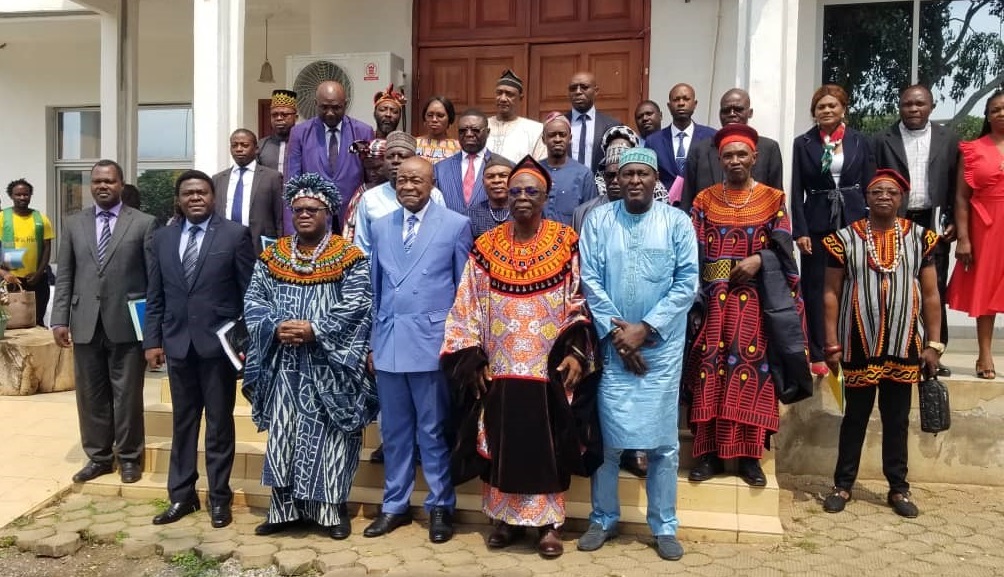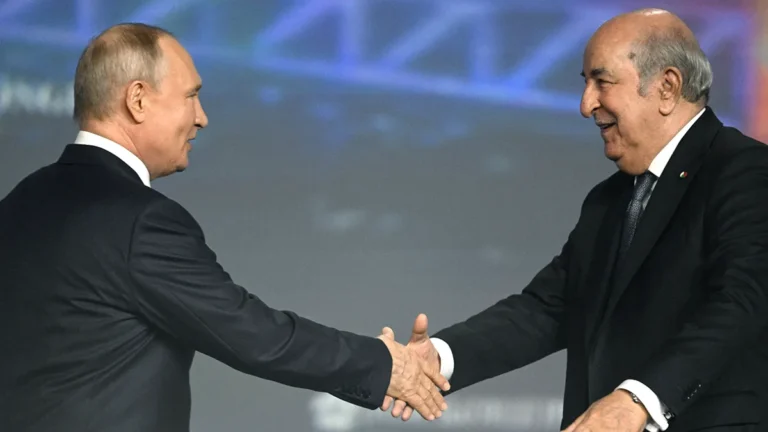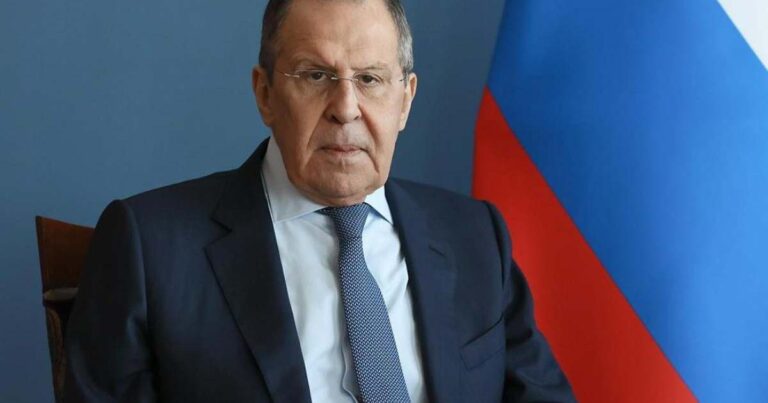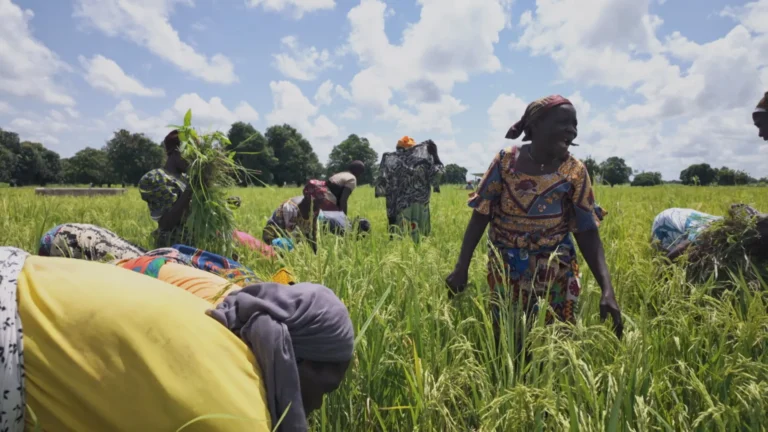
Observers have highlighted the symbolic importance of Cameroon’s West region in national politics, following a triumphant reception for Issa Tchiroma in Bafoussam last Wednesday.
Kemajou Baudelaire, an observer from the area, reflected on the event, noting that “In our country in the West, Cameroon is more important than the village,” a sentiment underscored by the region’s inclusive political culture.
The reception, given by Christians to a Muslim from the North, was seen as a demonstration of the West’s openness and political maturity.
A Rdpc mayor from the Far North expressed surprise at the scene.
“Mr. Director, I am surprised by your brothers. I didn’t know that stories had been told for years and we were made to swallow this without thinking.
I can see it with my own eyes,” he said. He referred to the warm welcome for Tchiroma and contrasted it with the lesser support given locally to candidates from the West, noting a tendency among some Bamileke to favour non-Western candidates.
The West region, though representing less than 3% of Cameroon’s national territory, has historically played a central role in the country’s political and economic development.
Its residents have contributed to national unity, supported democratic initiatives in the 1990s, and rallied behind leaders based on vision rather than regional affiliation, including President Paul Biya and opposition figures like Maurice Kamto.
The region has also demonstrated economic and social leadership, with inhabitants supporting community projects across Cameroon, protecting local lands, and promoting development initiatives irrespective of geographic origin.
“The West is Cameroon, it is the future of Cameroon that we all want,” Baudelaire said, emphasizing the region’s commitment to national progress and cohesion.
Commentators noted that the West’s diaspora represents over a third of the country’s population, highlighting its influence beyond its borders.
Political analysts argue that the region’s approach – prioritizing national interest over local or partisan loyalty – offers lessons for broader Cameroonian politics, particularly in cultivating patriotism, economic independence, and cultural pride.
Baudelaire concluded that understanding the West requires direct engagement. “You will all have to travel and visit the West to understand the spirit that animates the people of this region,” he said, underscoring the region’s enduring role in shaping Cameroon’s stability and future.



